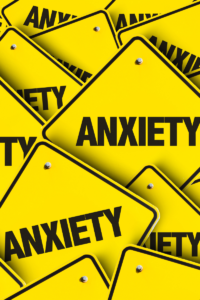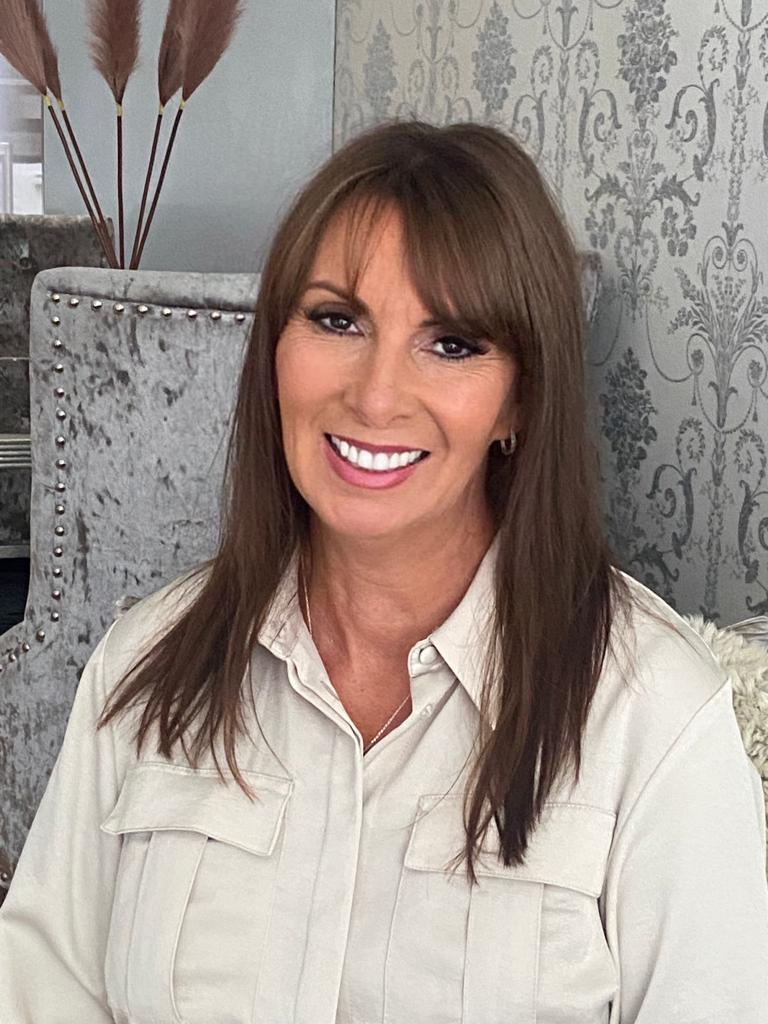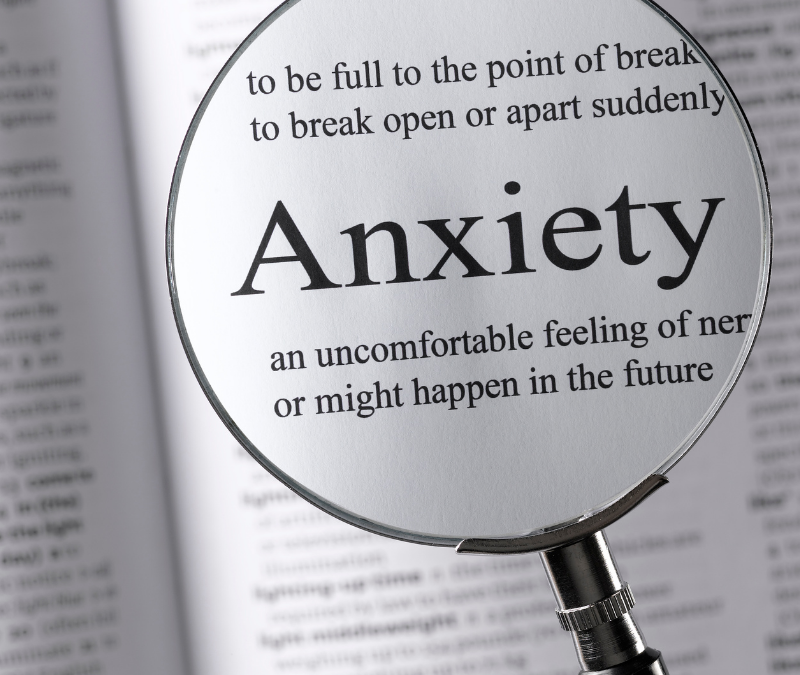Do you want to learn coping strategies for anxiety?
Anxiety affects every human being at some point in their lives. We’ll discuss three coping strategies for living with anxiety in this article that you can apply to your own life immediately. Anxiety is a natural warning sign that something isn’t quite right. We get anxious, our body gets affected – think heart pumping, chest tightening, breathing faster and our mind starts to run away with itself.
This is a perfectly normal reaction to many events in our lives and usually disappears shortly after.
When anxiety sticks around for a while, and it interrupts our daily lives or ‘functioning’, it can become an issue and it is one that can be addressed by several means, including talking therapies.

What can I do to ease anxiety?
Often, anxiety can be linked to a feeling of ‘not being safe’. We might be worried about something that hasn’t yet happened, and if it did, it would make us feel a certain way. We also bring our past experiences along with us, sometimes layering them over the future. For example, if I had a road rage incident in a certain spot in town, I might want to avoid that spot or feel anxious as I approach it, as it will bring up feelings that are uncomfortable.
Making Anxiety our friend
When we notice anxiety, whether it’s a faster heartbeat, a tight chest, or sweaty palms – it might feel helpful to ignore it or push the feeling away but anxiety is trying to tell us something. It’s tied into the innate part of us that wants to launch the fight/flight or freeze response. Anxiety is asking us to be on guard.
Sometimes though, the anxiety is misplaced, and that’s when talking about it with a trusted professional can be really helpful. We may have learned in our past that certain circumstances or events make us unsafe, and as such our brain can be a bit confused. Unpicking those moments can help reduce anxiety.
Three Coping Strategies for Anxiety
Focus on the breath
Our breath is part of our involuntary nervous system, just getting on and doing its own thing most of the time. If we start to feel anxious, our brain increases our breath rate to get us ready to fight or flee. Noticing the breath, and slowing it down can help to reduce our anxious thoughts. Placing your hands behind your head is a great tip for really opening up the diaphragm and getting more oxygen in. As you begin to calm, make your exhale a little longer than your inhale, increasing your oxygen rate and decreasing your carbon dioxide. This leaflet by Guy’s and St Thomas’s Hospital explains a little more.
Ground yourself
Use your senses. Look around and really allow yourself to feel into the present moment and remind yourself that everything is OK. Once you are settled then try the 54321 technique;
- Look For 5 Things You Can See: Notice the coffee cup on the desk in front of you. Or the freckles on your hands. Become aware of the green of the tree that you can see out of the window. Take your time to really look and acknowledge what you see.
- Become Aware Of 4 Things You Can Touch: The satisfyingly rough texture of your chair. Your clothing against your neck. If you like, spend a moment literally touching these things. Maybe slip your shoes off and feel the carpet or floor beneath you, or if you’re outside – the grass or sand.
- Acknowledge 3 Things You Can Hear: A lawnmower in the distance, a barking dog. The radio on in another room. Notice too, the quiet.
- Notice 2 Things You Can Smell: This can take a little more concentration, fresh grass, an air freshener, the wet dog smell that lingers, or a cake baking somewhere near.
- Become Aware Of 1 Thing You Can Taste: What was the last thing you ate? Is it lingering – or is it toothpaste or coffee?
Grounding is really helpful if you feel you’re going into panic mode, as a way to de-escalate and help you calm.
Distraction
When we get stuck in the cycle of anxiety, sometimes it’s helpful to just stop and make our brain do something different. In this article, 16-year-old Kerry shares some of her favourite techniques – one of which is the Alphabet Game.
Pick a theme, animals, countries, boys names – and then start at A and find an answer for each letter.
This brings our logical brain back online, giving our emotional brain a rest for a moment.
You might also choose to try a guided meditation as a distraction, allowing yourself to be led into some relaxation. I like this one from Russell Brand which injects a bit of humour too and is less than 15 minutes.
If you’re struggling with anxiety and would like a free consultation to discuss psychotherapy, hypnotherapy or counselling, do get in touch. I’d love to talk to you about it.

